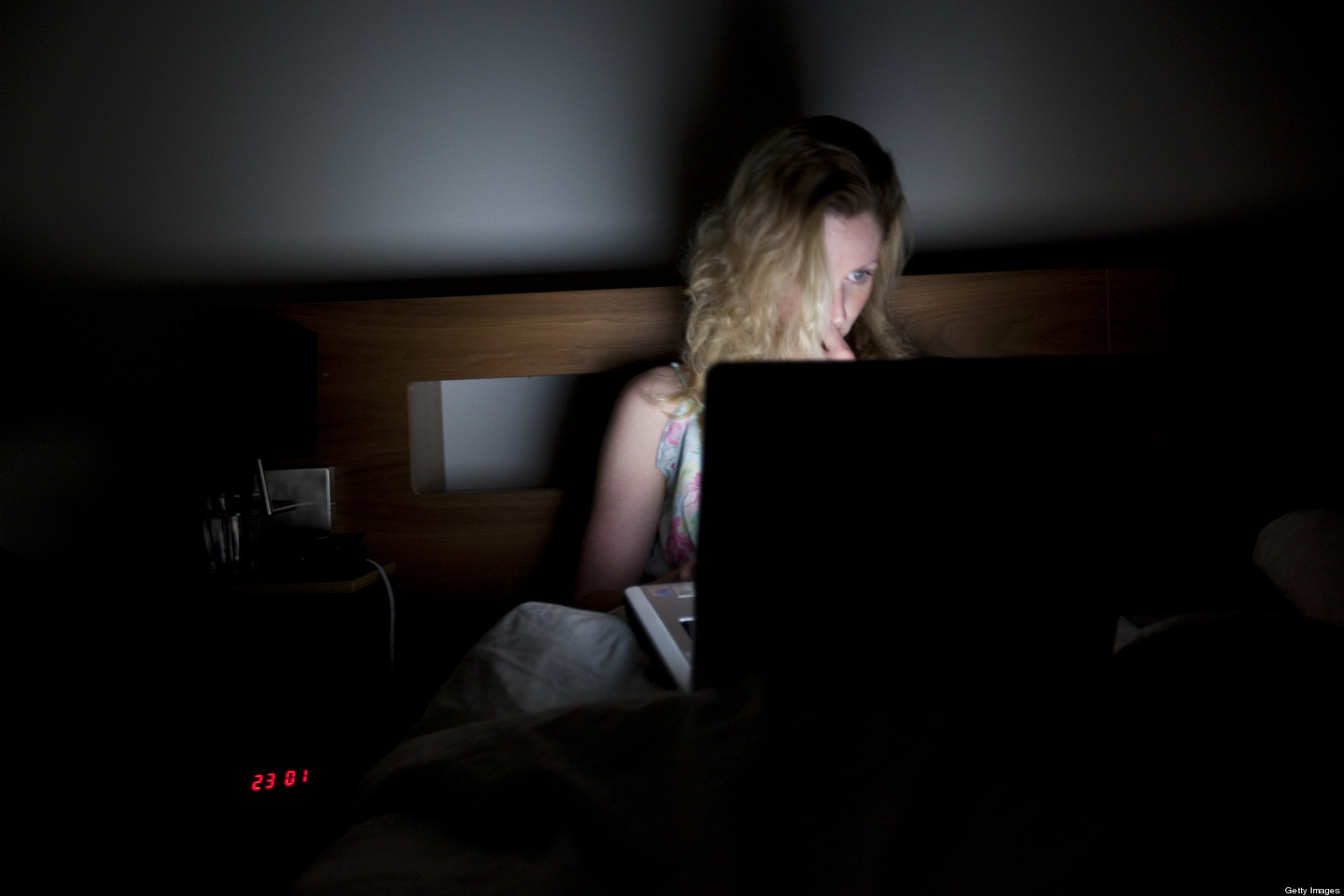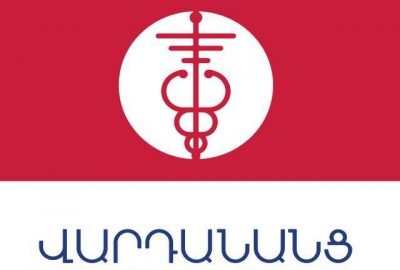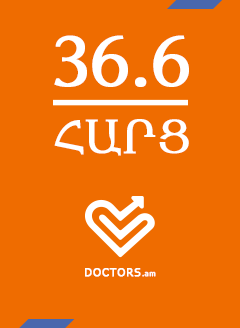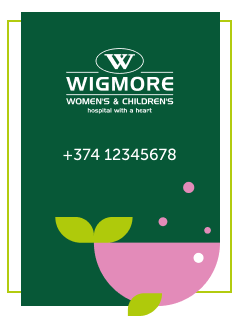While the discovery of artificial light certainly has made us a more productive and efficient society, there is a dark side to light that many high achievers would do well to consider. According to the May, 2012 issue of Harvard Health Letter, the light that sets us aglow at night as we work well past "quitting time," check email, send texts, share information on social media sites, and flip through pages on e-readers puts us at risk for serious health problems, and this is especially true when it comes to types of light emitted by electronics and energy-efficient lightbulbs. According to the article, although blue wavelengths are beneficial during daylight hours because they boost our attention, reaction times, and mood, they can be quite disruptive to our health and well being at night, particularly in today's high-powered electronic age where screens rule—day and night.
The average circadian cycle is twenty-four and a quarter hours, but it is daylight that keeps our internal clocks aligned with our environment. When we upset the balance with repeated exposure to light at night, it can throw our rhythm off and wreak havoc on our health. This effect has been demonstrated through numerous experiments showing that certain types of cancer (breast and prostate) are associated with night shift work and exposure to light at night.
Although researchers are not yet certain exactly why night light exposure has such a negative impact, they believe it's at least partly related to the fact that exposure to light suppresses the secretion of melatonin, a hormone that affects circadian rhythms (some preliminary research suggests that lower melatonin levels may explain the association with cancer). In fact, one researcher, Professor Abraham Haim at the University of Haifa, believes that light at night is a carcinogenic environmental pollutant that will continue to negatively impact our health and well being until the world recognizes its harmful effects and makes important changes to how and when we use light.
Harvard researchers also have found a possible link between disruptions in circadian rhythms and diabetes and obesity. When subjects were put on a schedule which gradually shifted their circadian rhythms, their blood sugar levels increased and their levels of leptin, a hormone that causes people to feel full after a meal, decreased.
Furthermore, sleep experts have long contended that exposure to light at night interferes with sleep, and this view has found support from research. For example, a 2011 study published in the Endocrine Society's Journal of Clinical Endocrinology & Metabolism (JCEM) revealed that exposure to artificial light between sunset and bedtime strongly suppresses melatonin levels, which can negatively impact physiological processes that are regulated by melatonin including sleep, thermoregulation, blood pressure, and glucose levels.

















